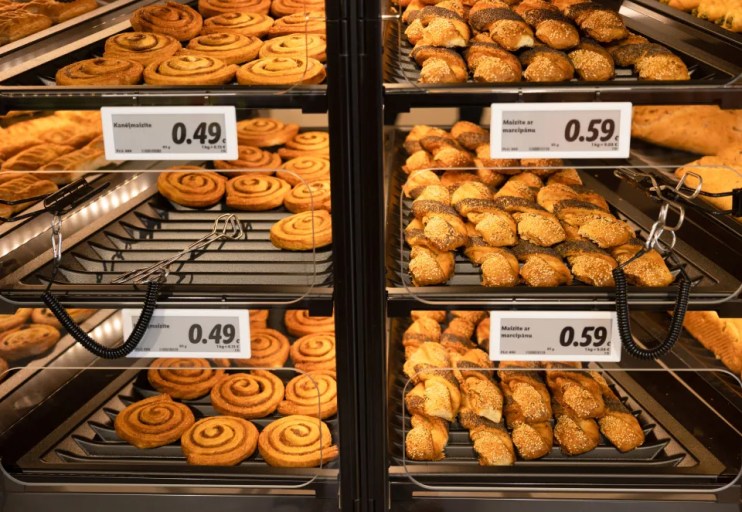Grocery price inflation drops to its lowest level in over a year

Grocery price inflation dropped to its lowest level in over 12 months, falling 12.2 per cent for the four weeks to September, new data shows.
It is the sixth consecutive month that the rate of increase slowed, according to the latest Kantar figures.
However, some 95 per cent customers told the insight and consulting company that they are still worried about the impact of rising grocery prices, matched only by their concerns about rising energy bills.
“After a full year of double digit grocery inflation, it’s no surprise that just under a quarter of the population consider themselves to be struggling financially – although this is a very slight drop compared to May,” Fraser McKevitt, head of retail and consumer insight at Kantar, said.
Shoppers have been battling extortionate prices at the till since Russia’s invasion of Ukraine sent energy, grain and fertiliser costs soaring.
During the month, shoppers also continued to favour discount retailers, which have soared in popularity since the cost of living crisis.
Sainsbury’s and Tesco were the fastest growing traditional retailers during the month, with sales growing by 9.1 per cent and 9.3 per cent respectively.
Both retailers have spent the last year ramping up price cuts and loyalty schemes to retain their customers base.
But for German discounters Aldi and Lidl, sales grew by 17.1 per cent and 16 per cent respectively.
“We’re now marking one year since Aldi became the fourth largest supermarket in Britain and alongside Lidl, it has made some of the biggest market share gains over the past 12 months as consumers continue their hunt for value,” McKevitt added.
“Between them, the discounters now capture 17.7 per cent of the sector. We expect this performance to continue as inflation remains stubbornly high, however, growth rates for both the discounters have been slowing in recent months as they annualise against rapid rises last year.”